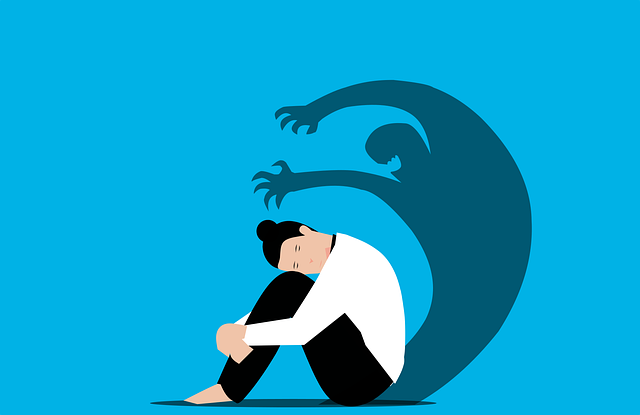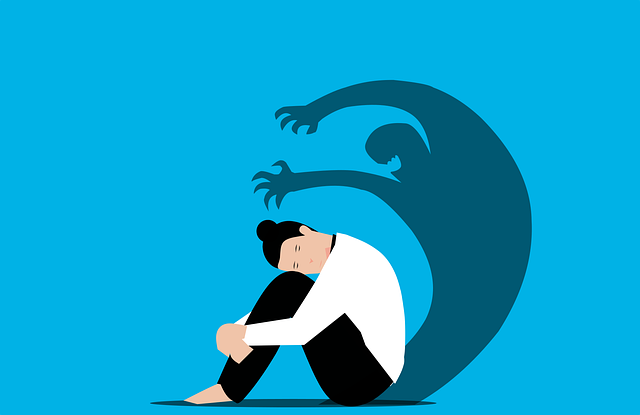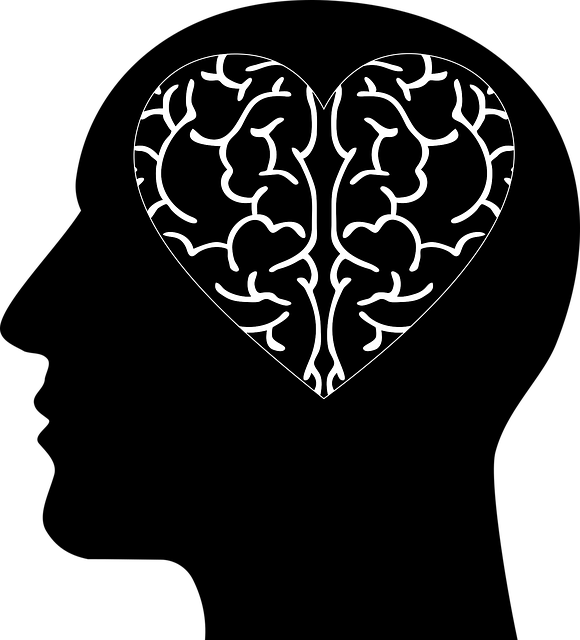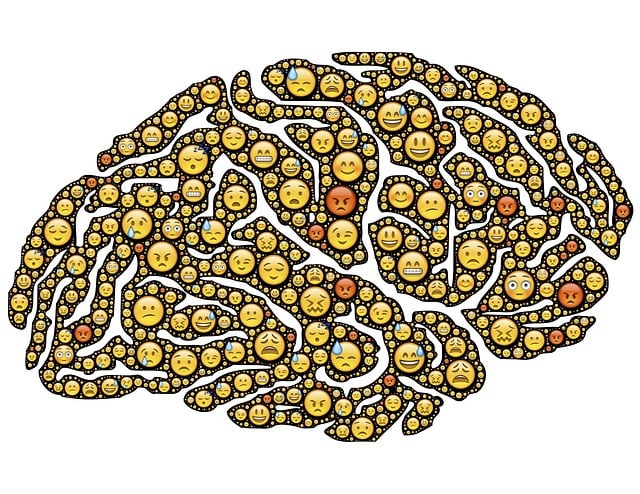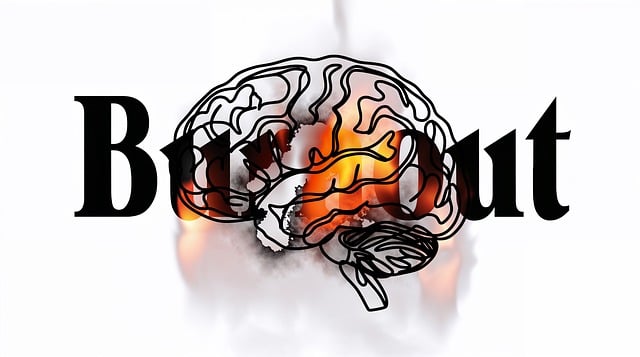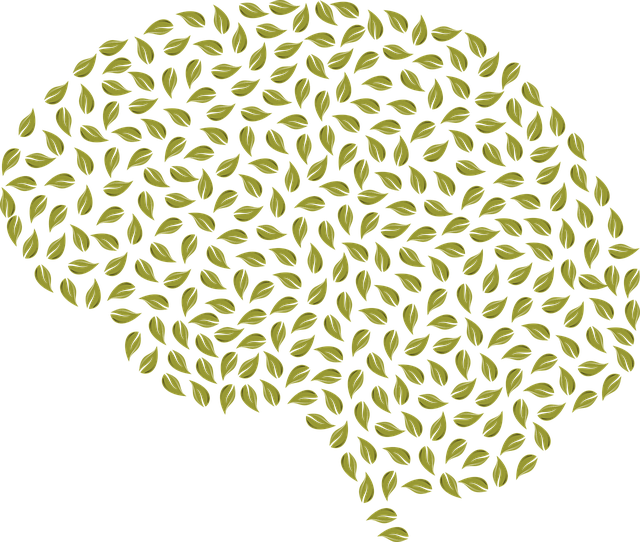Mental wellness journaling is an effective complement to Centennial Abuse Survivors Therapy (CAST), providing a safe space for self-reflection and processing traumatic experiences. Regular practice helps survivors understand emotional responses, identify triggers, track progress, and cultivate resilience through techniques like conflict resolution. Community outreach programs further enhance these benefits by fostering supportive networks and encouraging sharing, ultimately strengthening recovery paths. Journaling promotes self-compassion, breaks negative thought patterns, and aids in navigating mental health challenges within the context of CAST.
“Unleash your healing power with mental wellness journaling, a transformative tool tailored for Centennial Abuse Survivors. This article guides you through the process of using self-reflection and expression as therapeutic tools. We’ll explore how creating a safe space in your journal can foster resilience and promote recovery. Discover effective techniques and prompts designed to help you navigate trauma, process emotions, and embark on a journey towards healing with Centennial Abuse Survivors Therapy.”
- Understanding Mental Wellness Journaling for Centennial Abuse Survivors
- Creating a Safe Space: Setting Up Your Journaling Practice
- Effective Techniques and Prompts for Healing Through Journaling
Understanding Mental Wellness Journaling for Centennial Abuse Survivors

Mental wellness journaling can be a powerful tool for Centennial Abuse Survivors seeking therapy and healing. By providing a safe and private space to express their thoughts and emotions, it offers a unique avenue for self-reflection and processing traumatic experiences. Through regular practice, survivors can develop a deeper understanding of their emotional responses, identify triggers, and track progress in their journey towards mental wellness.
This form of therapy complements traditional Centennial Abuse Survivors Therapy approaches by encouraging emotional well-being promotion techniques that foster resilience and coping mechanisms. Community outreach program implementation can further enhance these benefits by creating supportive networks where individuals feel understood and encouraged to share their stories and engage in meaningful conversations, ultimately strengthening their paths toward recovery.
Creating a Safe Space: Setting Up Your Journaling Practice

Creating a safe space is an integral part of establishing your journaling practice, especially for those who have experienced trauma or are navigating mental health challenges. This process involves setting aside dedicated time and creating an environment that fosters openness and self-care. Your journal can become a sanctuary where you explore thoughts and emotions without fear of judgment.
For individuals who may be reliving painful experiences or struggling with issues like Centennial Abuse Survivors Therapy, establishing this safe space is therapeutic in itself. It encourages the practice of compassion cultivation, helping to build resilience and promote positive thinking. Through consistent journaling, you can develop a healthier relationship with your thoughts, enabling you to process difficult experiences and cultivate a sense of calm and self-compassion.
Effective Techniques and Prompts for Healing Through Journaling

Journaling is a powerful tool for healing and self-discovery, especially beneficial for those who have experienced trauma or are navigating mental health challenges. For Centennial Abuse Survivors Therapy (CAST) clients, this practice can offer a safe space to process emotions, break free from negative thought patterns, and reclaim personal agency. One of the most effective techniques is reflective writing, where individuals describe their experiences, feelings, and thoughts in detail, fostering self-awareness and insight.
Prompts for journaling sessions could include exploring one’s identity beyond the trauma, visualizing a future free from distress, or practicing gratitude by reflecting on small moments of joy. Additionally, incorporating Conflict Resolution Techniques can help individuals navigate internal conflicts and manage stress. By combining these strategies with regular practice, CAST clients can enhance their mental wellness, develop effective coping mechanisms, and improve overall well-being, as supported by Risk Management Planning for Mental Health Professionals.
Mental wellness journaling offers a powerful tool for Centennial Abuse Survivors to navigate their healing journey. By creating a safe space through structured practice, individuals can explore their emotions, process traumatic experiences, and foster resilience. The techniques and prompts outlined in this guide empower survivors to take charge of their mental health, offering a private sanctuary for self-reflection and growth. Through consistent journaling, one can uncover insights, find solace, and gradually build a life free from the shadows of the past. This practice is a transformative step towards reclaiming one’s well-being and embracing a brighter future.

